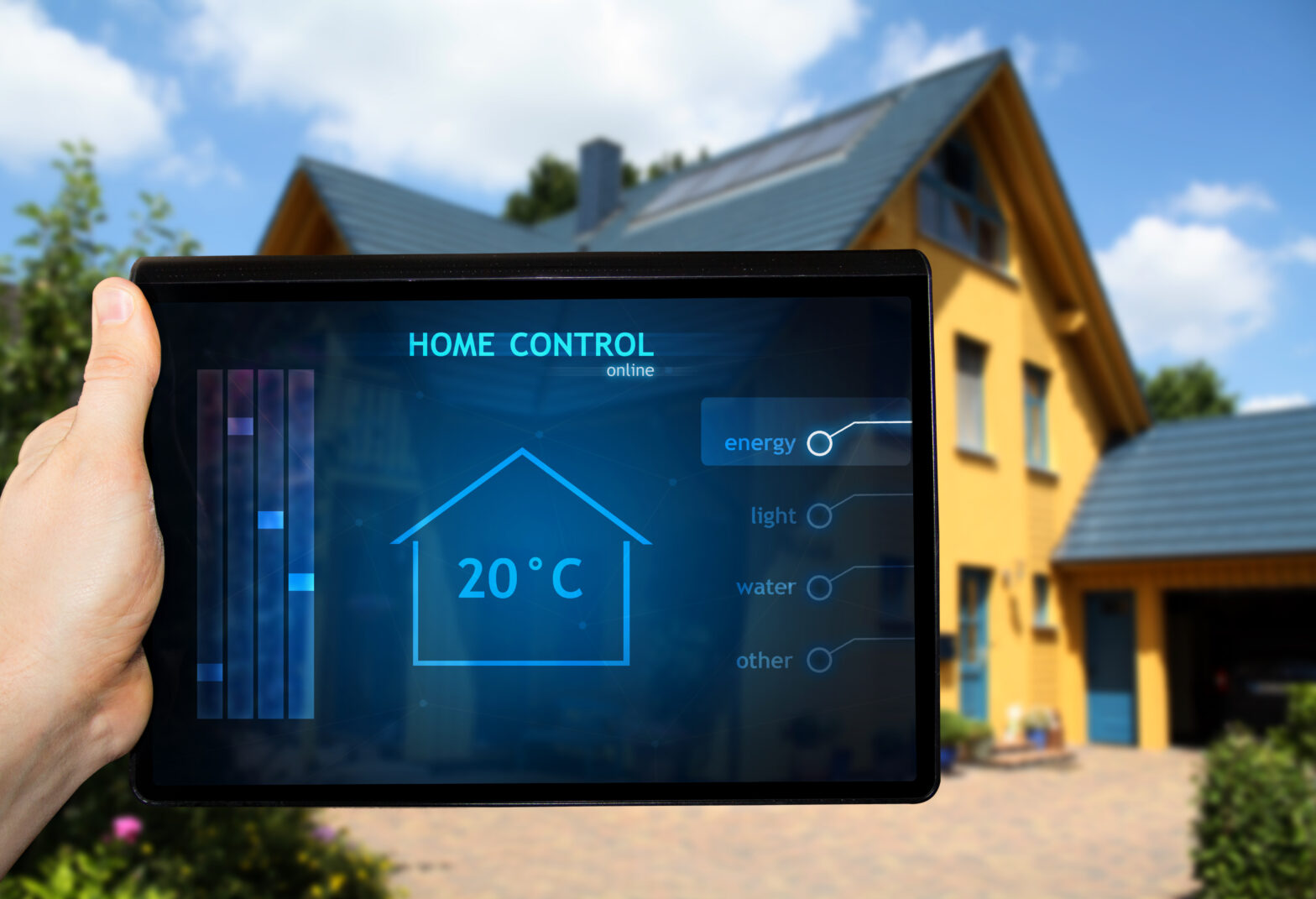Over the past year, significant advances have been made in the home technology sector. Smart homes, offices and factories are boosting efficiency, productivity and the capabilities of everyday life.
By 2020 it is estimated that the number of smart home devices will more than double.
As this growth continues and brands adapt and develop to remain at the forefront it seems the possibilities are endless.
Seven Integration is constantly on the look-out for the latest advances in the home technology sector, whether they be developments in home security, cinema or everyday products.
We have been amazed at the developments made in the last 12 months and so have put together our smart home predictions for the year ahead.
Stop, collaborate and listen
It’s all well and good Apple, Samsung and Amazon making waves in the smart technology sector but barriers between the three need to be broken down.
In order to maximise smart technology’s potential in the home, developers need to collaborate and ensure integrated technologies are mutually beneficial. In turn, this will boost capabilities, making it more accessible to the everyday user.
>See also: Going mainstream in the home: 4 things the IoT needs to be
As the smart technology market grows, brands are increasingly competing against each other to stake their place and pioneer products. As they battle to take the product to market first, this costs the end consumer.
This has been seen with Amazon Echo, so businesses need to take note to ensure the product they are releasing meets the high expectations of end users.
Bridging the gap – home from home
On average, living in a care home can cost £28,500 each year.
As the capabilities of technology in the smart home increase there will be an increasing gap in the market for these technologies to bridge the gap from living in your own home to living in a care home.
Pressure mats, intercom systems and smart alarms and especially off site control can all increase peace of mind for families, while still offering independence to the individual.
Weighing up this cost in comparison to the cost of a care home is minimal and could play a huge role in addressing the current UK care home crisis.
The holodeck
As video game makers move entertainment closer to reality and entertainment moves into your home, it won’t be long before we could become part of the story.
Eventually, rooms will be able to use surround sound, augmented reality and other technologies to recreate the real world.
>See also: How blockchain will defend the Internet of Things
Gaming is what’s driving these developments forward and, whilst Star Trek used to feel incredibly futuristic, it’s becoming apparent that they were very good at predicting the future.
2016 has seen some incredible developments in smart home technology and as it becomes more readily available, capabilities will increase.
For Seven Integration, it’s important to work alongside these developments to integrate technology into homes moving into 2017.
Sourced from Alex Josling, co-founder and director at Seven Integration










